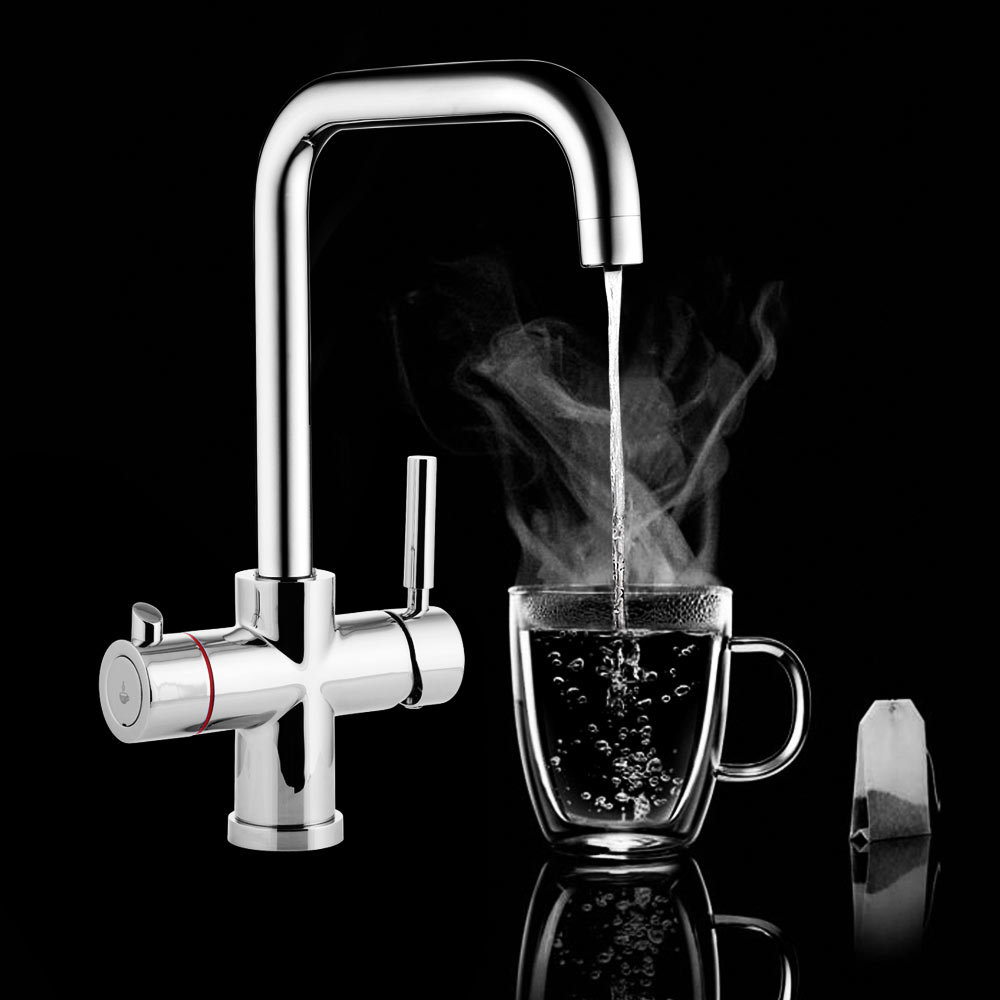1. Understanding Boiling Water Units
Boiling water units are essential appliances designed to quickly and efficiently provide hot water on demand. These units, commonly found in both residential and commercial settings, operate by heating water to its boiling point, allowing users to access hot water instantly. The efficiency of boiling water units is often superior to traditional kettles or stovetop heating methods due to their rapid heating capabilities and energy-efficient designs. Modern boiling water units come in various styles and sizes, catering to different needs and preferences, from compact models for small kitchens to large units suited for high-demand environments like offices or restaurants.
2. Key Features and Benefits
Boiling water units offer several benefits that make them a valuable addition to any space. One of the primary advantages is their speed; many units can heat water to boiling point in under a minute, which is significantly faster than conventional methods. Additionally, these units often feature adjustable temperature settings, allowing users to select the exact heat level needed for different purposes, such as brewing tea, making coffee, or preparing instant meals. Many boiling water units also include energy-saving features, such as insulation and automatic shut-off functions, which enhance their efficiency and safety. These features contribute to both cost savings on energy bills and a reduced environmental footprint.
3. Choosing the Right Boiling Water Unit
Selecting the right boiling water unit involves considering several factors to ensure it meets your specific needs. First, assess the unit’s capacity to determine how much water it can hold and heat at one time. For home use, a smaller unit with a capacity of 1-2 liters may suffice, while larger units are preferable for commercial settings or larger households. Additionally, evaluate the unit’s installation requirements and compatibility with your existing plumbing. Some units may require professional installation, while others are designed for easy DIY setup. Finally, consider additional features such as filtration systems, temperature controls, and user-friendly interfaces to enhance your overall experience.
4. Maintenance and Safety Tips
Proper maintenance and safety practices are crucial for ensuring the longevity and safe operation of boiling water units. Regularly clean the unit according to the manufacturer’s instructions to prevent scale buildup and maintain optimal performance. It’s also important to check for any signs of wear or damage, such as leaks or malfunctioning components, and address these issues promptly to avoid potential hazards. For safety, ensure that the unit is installed on a stable, heat-resistant surface and keep it away from flammable materials. Additionally, educate users on safe handling practices, such as using handles and avoiding contact with hot surfaces, to prevent accidents and ensure a safe environment.
In conclusion, boiling water units are a practical and efficient solution for providing hot water quickly and conveniently. By understanding their features, choosing the right unit, and following proper maintenance and safety guidelines, you can enjoy the numerous benefits these appliances offer while ensuring their optimal performance and safety.
